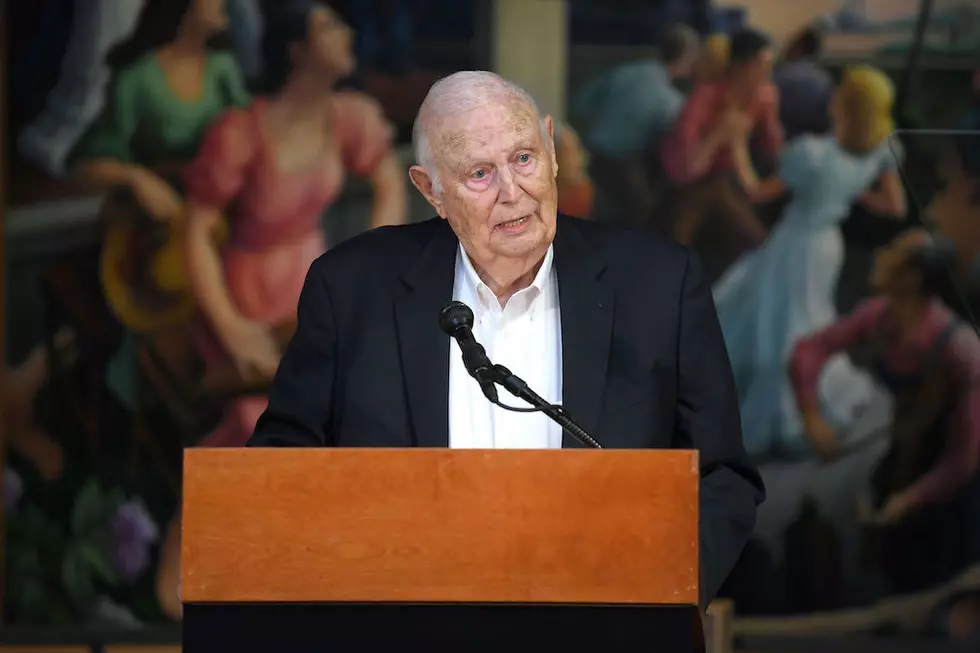
Jerry Bradley’s Country Music Hall of Fame Induction Keeps a Family Tradition Going
As he takes his place as the 2019 Non-Performer category inductee into the Country Music Hall of Fame, Jerry Bradley is fulfilling a kind of family tradition. His father, producer Owen Bradley, was inducted into the Hall of Fame in 1964; additionally, his uncle, Harold Bradley, joined the fabled institution in 2006.
Bradley began his career in country music when his dad began teaching him audio engineering skills in 1965. Although he went on to carve out his own distinct lane on Music Row, the producer and music industry insider says that he has always been deeply proud of his father's legacy in country music.
"I'm a big believer in what my dad did," Bradley explains. "I compare it to a car: He put the hubcaps on it, he painted it two-tone, he put the foxtail on the antenna. The best example I can give you: He took Patsy Cline, took a song that was written by a country writer, and he boosted it up a notch -- I call it, with hubcaps and the foxtails and fancy seat covers -- and moved it up a notch."
Over time, as he learned from his dad, Bradley saw that country music -- and the people who listened to it -- were beginning to change. "I realized that the disc jockeys were driving nice pickup tracks and Cadillacs ... Their clothes were different, [the way] they were dressing, and the disc jockeys were younger," he recalls. "My daddy told me one time, he said, 'Well, I like what the public likes,' and I was thinking, 'Well, the public's changing.' That's what I saw, and how I saw the music industry changing."
It was his understanding of the changing musical times that inspired Bradley to continue to push the genre envelop in the '70s as director of RCA Records' Nashville branch. In his role, he signed cutting-edge musical groups such as Alabama.
"I was looking for a group -- not Randy Owen and Alabama -- I was looking for a band," he explains. "I was in my car going back to Franklin, Tenn., where I lived at the time, and they were playing "My Home's in Alabama." I went and called [producer] Harold Shedd the next morning and said, 'Bring me a tape.' He came over. It was on a Friday, and I signed them that day.
"But I didn't know he had been up and down the street and couldn't get rid of them!" Bradley adds with a laugh. "It didn't really make any difference to me. I was going to sign them anyhow."
Even in his retirement, Bradley continues to watch the music industry change and grow. "It's changed today, and I can't tell you why. I hadn't really tried to analyze it," he relates. "Maybe because of my age, it's hard to understand the lyrics in some of the songs. But I quit trying to analyze it."
Who's Been Inducted Into the Country Music Hall of Fame?
More From TheBoot









